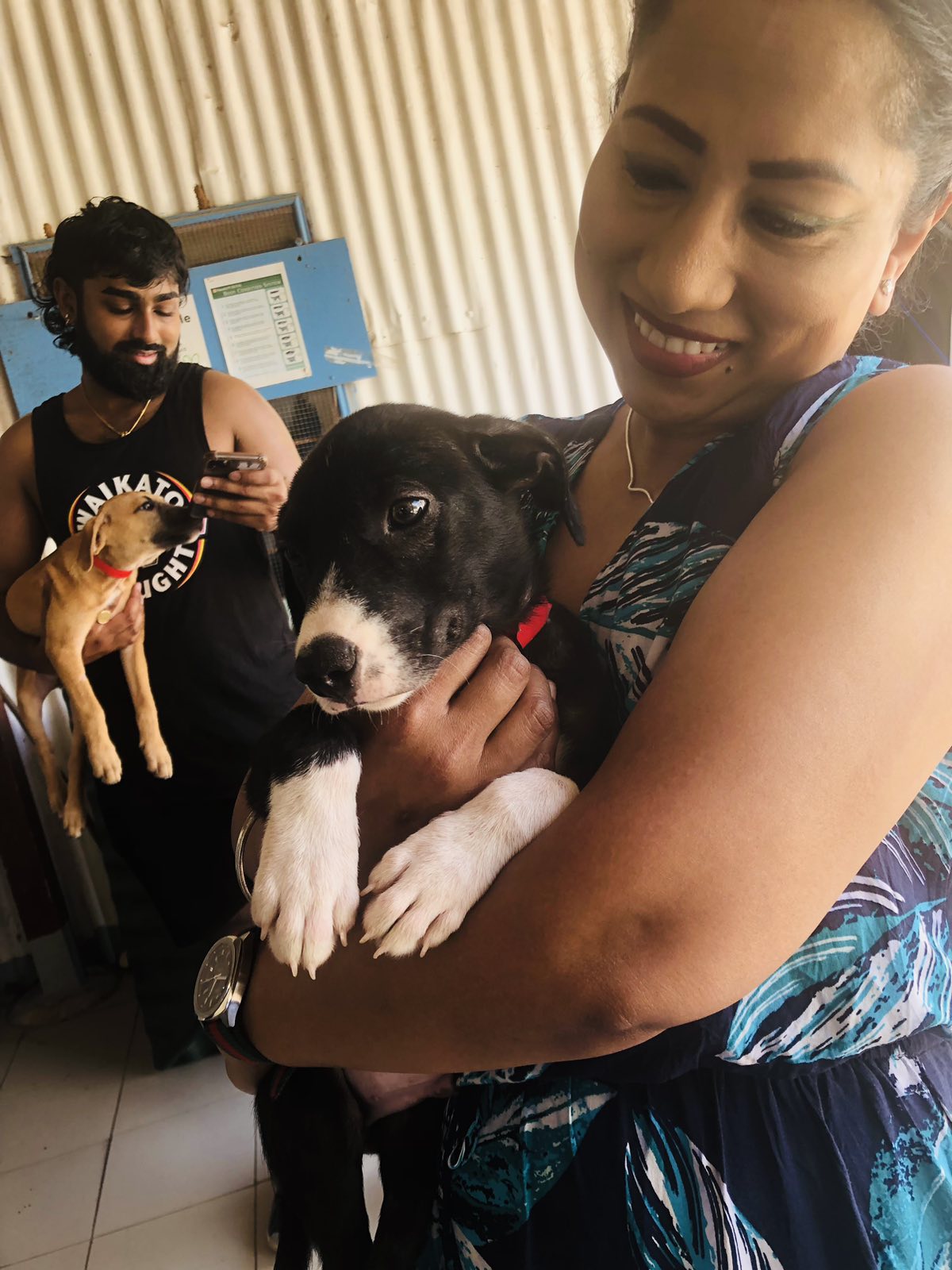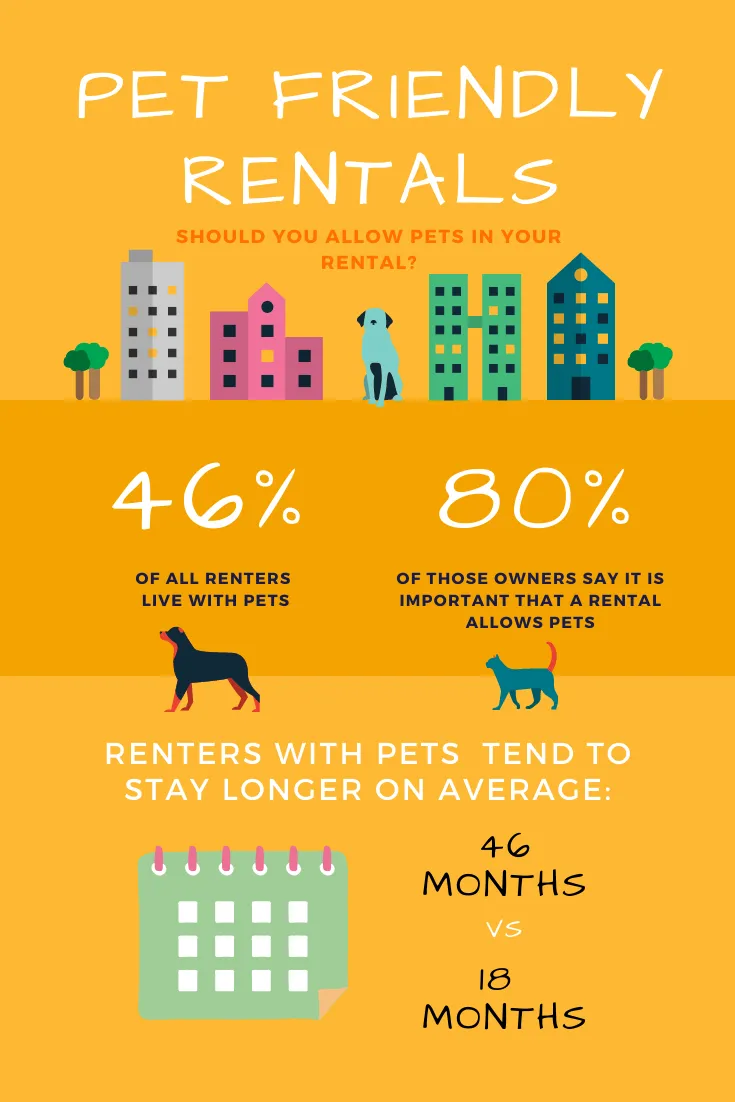In Fiji, the issue of stray and abandoned animals continues to be a significant challenge. Many of these animals are cats and dogs that were once loved pets but were left behind when families moved to rental properties that don't allow pets. A poignant example of this is Molly, a sweet calico cat. Once surrounded by warmth and affection in a loving home, Molly lived happily with her family, playing joyfully with her other fur siblings and napping on the sofa. But when her owners went through a separation, her world changed. Sadly, while her siblings found new homes, Molly had no place to go.
With heavy hearts, her family made the difficult decision to surrender her to the Animals Fiji shelter, hoping it would offer her the stability she deserved. Despite her challenges - including the loss of her tail due to a previous incident - Molly remains a loving, gentle cat, her big, curious eyes still sparkling with hope. Molly’s story is, unfortunately, far from unique. Many pets face the same fate when their families are unable to find pet-friendly rental housing. By introducing pet-friendly policies, landlords can play a critical role in alleviating this growing problem, all while safeguarding their properties with responsible rules and agreements.

The Benefits of Allowing Pets in Rental Properties
Reduces Abandonment
Like Molly, many pets are surrendered or abandoned when families cannot find suitable housing. By allowing pets, landlords can help reduce the number of animals that are left behind, contributing to the population of abandoned dogs and cats on the streets. This not only leads to overpopulation but also adds strain on local animal welfare organizations, like Animals Fiji, SPCA Fiji, PASH, or Greater Good Fiji.
Supports Responsible Pet Ownership
While allowing pets may seem risky, landlords can implement measures to ensure responsible pet ownership. Requiring a pet deposit, for instance, helps cover any potential damage, giving landlords peace of mind. Additionally, setting a limit on the number of pets and type—such as cats or dogs—helps manage the household environment.

Encourages Desexing
A key part of the pet-friendly rental policy should be a requirement for pets to be desexed. This measure directly supports efforts to control pet overpopulation, as desexing reduces the chances of unwanted litters. By making it a rental requirement, landlords are actively contributing to the welfare of Fiji's animal population and helping to reduce the number of strays.
Fills a Market Gap
There is a growing demand for pet-friendly rentals. Many responsible pet owners are struggling to find housing that accommodates their furry family members. By offering pet-friendly options, landlords can attract a broader pool of tenants and fill vacancies faster, while also ensuring tenant satisfaction and long-term occupancy.
Contributes to Community Welfare
When pets are allowed to stay with their families, they remain in stable environments where they are loved and cared for. This not only benefits the pets but also the community at large. Reducing the number of stray animals decreases the burden on local shelters and minimizes health and safety concerns for neighborhoods.

Striking the Right Balance: Protecting Both Pets and Properties
Understandably, landlords may have concerns about potential damage caused by pets. However, these concerns can be addressed with clear policies:
- Pet Deposits: Require an additional pet deposit on top of the regular security deposit to cover any potential damage caused by pets.
- Pet Limits: Establish a reasonable limit on the number and type of pets allowed, such as one or two pets, and specify whether cats or dogs are permitted.
- Desexing Requirement: To support overpopulation control, require that all pets are desexed. This reduces the likelihood of litters and reinforces responsible pet ownership among tenants.
- Regular Property Checks: Regular property inspections can ensure tenants are maintaining a clean, well-kept home and respecting pet agreements.

A Call to Action for Fiji’s Landlords
As a landlord, by allowing pets, you are helping to address one of Fiji’s most pressing animal welfare issues—overpopulation. With careful planning and responsible rules, pet-friendly rentals can be a win-win situation for both tenants and landlords, ensuring that animals remain with the families that love them, and fewer pets are abandoned to the streets. Let’s work together to make Fiji a better place for people and their pets.
Molly spent two months in the shelter before finding her new family. Allowing pets in rental properties could have made all the difference, enabling her to stay with her original family, loved and cared for. If more landlords embraced pet-friendly policies, fewer animals would face abandonment, and more could remain happily with the families who love them, just like Molly deserves.
Animals Fiji helps animals all around Fiji, with clinics in Savusavu, Labasa, Nadi, and Lautoka, and they also hold outreach clinics in other areas. If you want to support Animals Fiji in their work or to find out more about Animals Fiji’s services, contact their Savusavu Clinic at (+679) 998 6253 or Nadi Clinic at (+679) 993 6647 or visit their website at www.animalsfiji.org.